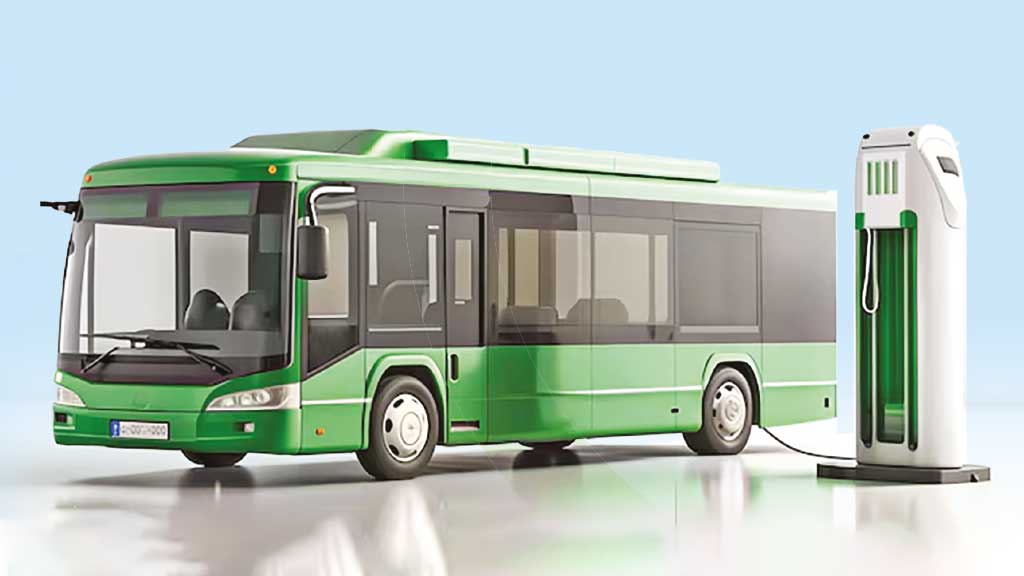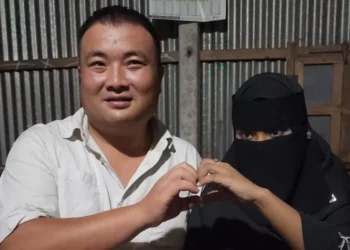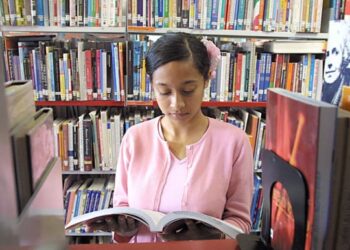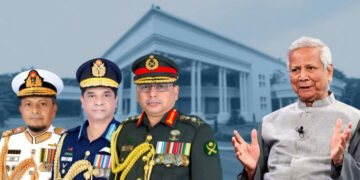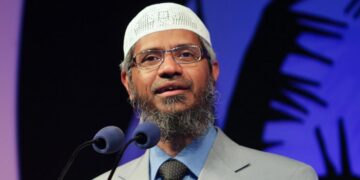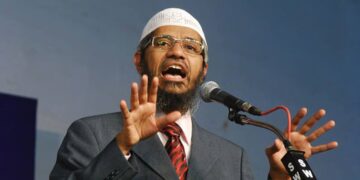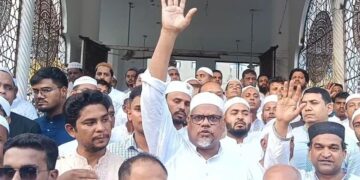Electric buses are set to reshape Dhaka’s urban transport landscape. With a game-changing project worth Tk 2,500 crore, Bangladesh plans to introduce a modern, environment-friendly fleet of 400 electric buses in Dhaka and Narayanganj. This visionary initiative aims to reduce air pollution, ease traffic congestion, and usher in a new era of sustainable public transport.
Summary of the Electric Buses Project
The Road Transport and Highways Division has submitted a proposal to the Planning Commission to launch this electric bus project under the supervision of the Dhaka Transport Coordination Authority (DTCA). The total cost is projected at Tk 2,500 crore, of which Tk 2,135 crore will come as a loan from the World Bank, while the Government of Bangladesh will provide the remaining Tk 365 crore.
This massive project, scheduled to run from July 1, 2025 to June 30, 2030, aims to procure 400 electric buses and construct three modern charging depots. The buses will be operated in Dhaka and Narayanganj under a company-based franchise model.
Why Electric Buses?
Dhaka is often ranked among the world’s most polluted cities. A significant portion of this pollution originates from outdated diesel-powered vehicles. According to both national and international studies, the transport sector is one of the largest contributors to Dhaka’s hazardous air quality.
Introducing electric buses is a strategic response to these issues. The shift from diesel to electric vehicles will help:
-
Reduce carbon emissions
-
Improve public health
-
Lower noise pollution
-
Decrease long-term fuel costs
It’s not just an environmental upgrade it’s a public health imperative and a smart investment in the city’s livability.
Infrastructure and Modernization
The project includes the development of three electric bus depots, each equipped with state-of-the-art charging facilities. One will be established in Purbachal on 1.3 acres of DTCA-owned land, another in Jhilmil (RAJUK area), and a third in Kanchpur.
Alongside the depots, the Bangladesh Road Transport Authority (BRTA) will set up a Vehicle Inspection Center (VIC). The project also plans to integrate Intelligent Transport Systems (ITS) to track bus movement and scheduling in real-time, making public transport more reliable and efficient.
Read More: Frustrated US Man Builds Dating App Where Women Can Only Date Him
Sustainable Development and Global Commitments
This electric bus initiative is aligned with Bangladesh’s commitment to the Sustainable Development Goals (SDGs) and global climate agreements. It is a key part of the Bangladesh Clean Air Phase-1 (BCAP) project funded by the World Bank.
Three main agencies will work on this project:
-
Department of Environment for air quality management
-
BRTA for improving the bus sector
-
DTCA for city bus reforms and infrastructure
The project promises to significantly:
-
Reduce carbon emissions
-
Improve air quality in Dhaka
-
Modernize public transport
-
Enhance institutional capacity for sustainable transport management
Concerns and Challenges
Despite the high hopes, questions remain. Who will bear the operational cost of the buses once the five-year project ends? Will the government provide subsidies? Or will the franchise operators sustain the service?
According to transport expert Dr. Shamsul Haque the professor of civil engineering at BUET
“If we fail to understand why previous city transport systems failed and continue investing in new fleets, it could become a costly mistake. Without ensuring sustainable operations, this investment may repeat the failures of past governments.”
Political will and administrative efficiency will play a pivotal role in the project’s success.
What the Project Promises
If implemented successfully, this electric bus project can deliver:
-
Cleaner air and improved public health
-
Lower traffic congestion
-
More organized public transport
-
Inclusive and accessible transit options
-
Employment opportunities and economic stimulation
-
Boost to GDP and social welfare programs
The electric bus network could become the backbone of a cleaner, safer, and more reliable transportation system in the capital city.
The launch of electric buses in Dhaka is more than just a technological upgrade. It represents a fundamental shift toward sustainable, inclusive, and efficient urban transport. With a Tk 2,500 crore investment, Bangladesh is taking a bold step toward a cleaner, greener future. However, for the project to truly succeed, strong institutional planning, transparency, public-private collaboration, and political stability are essential.
Share via:

